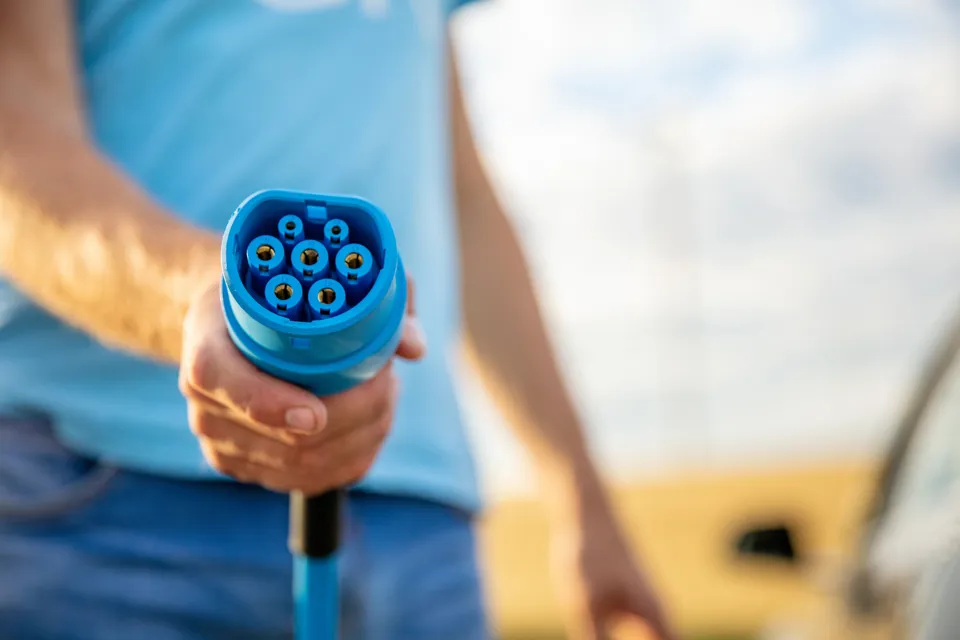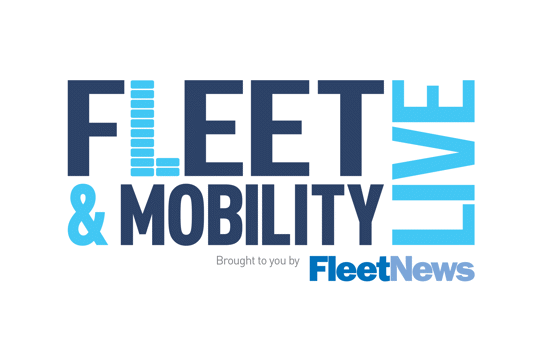Fleets have placed van electrification at the top of their agenda for the year ahead but face several challenges in deploying the zero-emission vehicles, according to the Association of Fleet Professionals (AFP).
Issues around payload, range and charging were proving particularly difficult for some businesses to overcome, said AFP chair Paul Hollick.
He explained: “The view of most van fleets is that electrification, which obviously forms the backbone of the move towards zero emissions, is going to be very much an incremental process because of compromises imposed by the current technology when it comes to key areas such as payload, range and charging.
“Across our membership, the feeling is that these issues can be resolved but that it will take time and a wide range of strategies will need to be applied.
“For us, it appears that making progress in these areas – and the incremental best practice policies that need to be developed to make this happen – will be the dominant fleet topic for 2024.”
A key problem which needs to be addressed sooner rather than later is around the 4.25 tonne electric van derogation, according to Hollick.
The Department for Transport (DfT) introduced a series of changes in October for the operation of 4.25-tonne zero-emission vans following a Government consultation.
They included the removal the additional five-hour training requirement for drivers.
However, issues remain, including an electric van weighing more than 3.5t, for example, is still classed as an HGV and as such requires an MOT test after 12 months.
It is also speed restricted, while tachograph regulations come into effect if the vehicle travels more than 100kms from base.
There are further layers of complication. For fleets operating in Northern Ireland, the 4.25t exemptions stop at the border for those travelling from the north into the south and the vehicle needs to be covered by an international O licence.
Fleet News reported in December that the Office for Zero Emission Vehicles (OZEV) is looking at how it can further remove the burden of additional regulations governing the use of heavy electric vans.
Hollick said: “We’re talking to the relevant official bodies about this and are hopeful that workable solutions will soon appear.
“Being able to practically operate 4.25t electric panel vans is central to many fleets’ zero emissions plans and this is something that is very much acting as a roadblock to progress.”
A longer-term issue that also needed attention, according to the AFP, was finding solutions to van charging, with both rapid proliferation of on-street chargers and better access to forecourt charging facilities sorely needed.
“Where drivers can charge a van on their driveway overnight, fleet operations have a head start,” explained Hollick. “However, it is now known that around half live in terraced houses or apartments.
“The ideal solution to this conundrum is on-street charging and the AFP has been working on a national ‘heat map’ in recent months to show where these are most needed, making the data available to relevant parties such as local authorities and charger companies.
“Also, we’ve been talking to charging companies about better access to forecourt chargers.”
The bays are often not big enough or are not designed to accommodate light commercial vehicles (LCVs), and this is proving a major hindrance to fleets that want to use electric vans, says Hollick.
“Like on-street charging, this is not a problem that will be solved overnight but we are hopeful that progress will be made on both these fronts in 2024,” he added.
The AFP is also planning to create a new working group to investigate the practicalities of shared depot charging, where fleets provide mutual access to on-site facilities.
“We know from our research that there is much potential interest in this idea. What we now need to work out is whether it can be made to work on a practical level,” said Hollick.
A further subject that was likely to be on the minds of fleet operators looking for zero emissions solutions in 2024 was hydrogen, he added.
“We’ll be saying more about this soon, but the arrival of the Vauxhall e-Vivaro Hydrogen represents probably the first viable opportunity for van fleets to adopt hydrogen.
“The advantages are a fast refuelling time, 250-mile range, and a purchase price as low as £32,000. The list of disadvantages is long though, starting with a refuelling infrastructure that is so small that it barely exists.
“However, it is clear that at least some of our members are keen to try this vehicle in operational roles where electric vans are considered impractical, creating a multi-fuel zero emissions strategy.”
All of these subjects illustrated the value of being a member of the AFP for van fleet operators, Hollick concluded. “It’s a moment when having access to the expertise and ongoing dialogue that is present within the AFP has massive benefits for any light commercial vehicle fleet that is working towards zero emissions,” he said.




















Login to comment
Comments
No comments have been made yet.